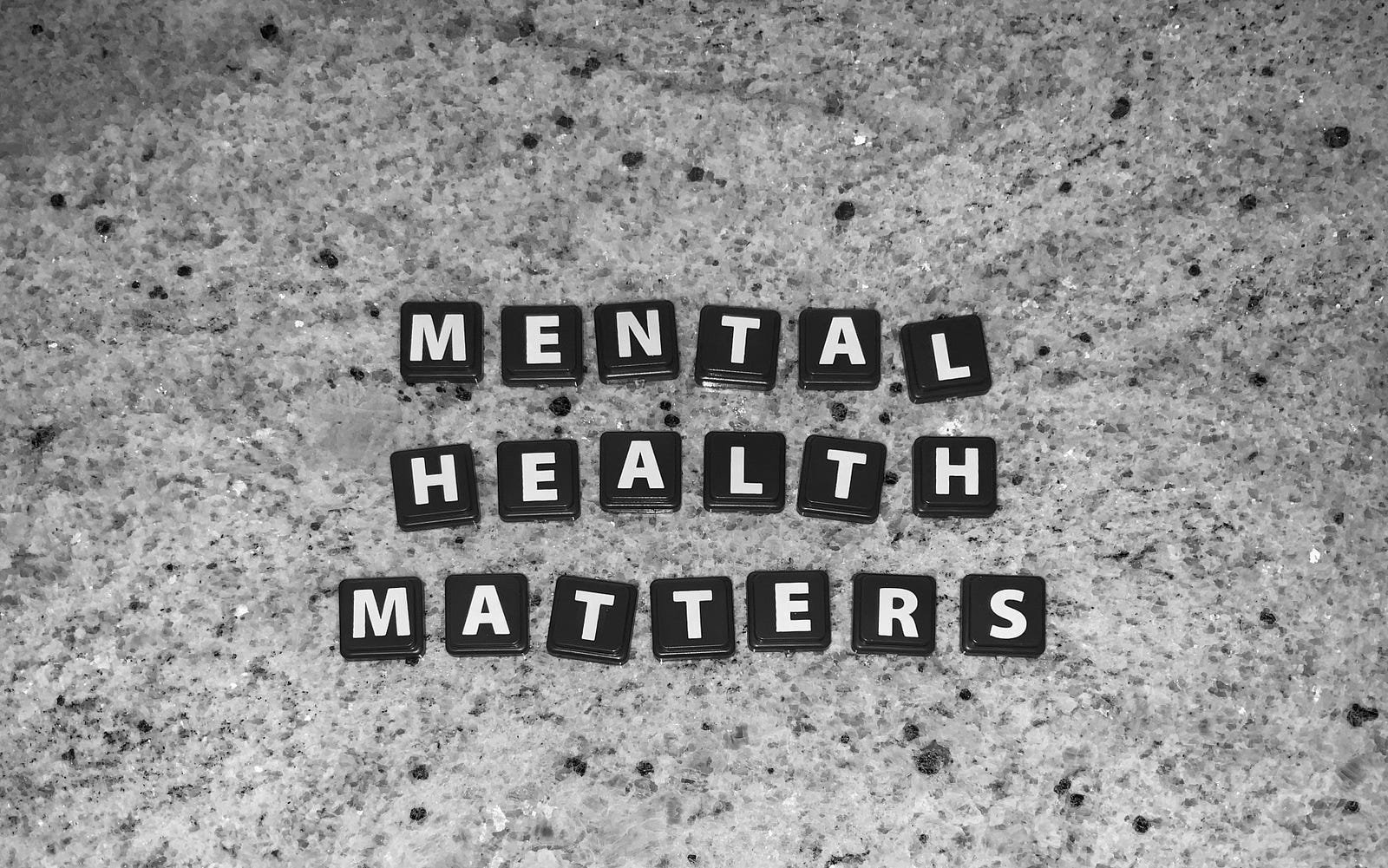In a world that often glorifies independence and self-reliance, the importance of social support is sometimes overlooked. However, countless studies and personal anecdotes underscore the significance of a strong support network for emotional well-being. Why social support is vital for mental health lies not only in its ability to buffer stress but also in its role in fostering resilience, reducing isolation, and enhancing life satisfaction. This article delves into the profound connection between social support and mental health, explaining its importance and providing actionable steps to build and maintain robust support networks.
Understanding Social Support and Its Forms
What Is Social Support?
Social support refers to the emotional, informational, and practical assistance individuals receive from their social networks, including family, friends, coworkers, and community members. It plays a critical role in helping individuals navigate life’s challenges and maintain mental health.
Types of Social Support
- Emotional Support: Involves empathy, care, and reassurance during difficult times.
- Instrumental Support: Includes tangible help, such as financial aid or assistance with tasks.
- Informational Support: Refers to guidance, advice, or information that helps in decision-making.
- Appraisal Support: Involves feedback and affirmation that builds self-esteem and confidence.

The Connection Between Social Support and Mental Health
Social support is not merely a feel-good concept; it is scientifically proven to impact mental health significantly.
1. Stress Buffering Effect
When faced with stress, individuals with strong social networks tend to cope more effectively. Supportive relationships provide emotional comfort and practical solutions, reducing the negative impact of stress on mental health.
Example:
A person navigating a career setback may find solace and guidance in conversations with friends or mentors, preventing feelings of hopelessness.
2. Reduced Risk of Mental Health Disorders
Lack of social support has been linked to higher rates of anxiety, depression, and other mental health disorders. Conversely, people with solid support systems often exhibit better emotional stability and resilience.
3. Enhanced Emotional Resilience
Social connections foster resilience by providing a sense of belonging and purpose. This helps individuals recover more quickly from adversity and maintain a positive outlook on life.
4. Increased Longevity
Studies show that individuals with robust social networks live longer, healthier lives. Strong relationships mitigate the risks associated with loneliness, which has been equated to smoking 15 cigarettes a day in terms of health impact.
How Social Support Benefits Mental Health
1. Alleviates Feelings of Isolation
Human beings are inherently social creatures. Isolation can lead to loneliness, which exacerbates mental health challenges. Support networks counteract these feelings by fostering connection and understanding.
2. Encourages Healthy Coping Mechanisms
Having someone to talk to during tough times can prevent unhealthy coping mechanisms, such as substance abuse or withdrawal.
Example:
A person struggling with grief may find solace in support groups, which provide a healthy outlet for processing emotions.
3. Boosts Self-Esteem
Positive reinforcement from loved ones reinforces a sense of self-worth and confidence, which are essential for mental well-being.
4. Provides Perspective
Social connections often offer new perspectives and insights, helping individuals view challenges in a more manageable light.
5. Promotes Physical Health
Social support indirectly benefits mental health by encouraging healthier lifestyles. Friends and family can motivate individuals to exercise, eat well, and prioritize self-care.
The Impact of Technology on Social Support
In today’s digital age, technology has revolutionized how people connect and access support. While it has its benefits, it also poses challenges.
1. Virtual Support Communities
Online platforms and forums allow individuals to connect with others facing similar struggles, providing a sense of community and understanding.
Example:
Platforms like Reddit or Facebook groups for mental health support can offer anonymity and accessibility to those hesitant about in-person interactions.
2. Risks of Superficial Connections
However, over-reliance on digital interactions can lead to superficial relationships, which may lack the depth required for meaningful support.
3. Balancing Digital and Real-World Support
Striking a balance between online and face-to-face interactions is essential for maximizing the benefits of social support.
How to Build a Strong Support System
1. Identify Existing Relationships
Start by assessing your current social network. Strengthen ties with supportive individuals who value and uplift you.
Action Step:
Reach out to old friends or family members and rekindle relationships.
2. Diversify Your Network
Relying solely on one person for support can be overwhelming for both parties. Cultivate relationships across different areas of your life, such as work, hobbies, or community activities.
3. Be Open and Vulnerable
Building deep connections requires honesty and vulnerability. Sharing your struggles and emotions can foster trust and empathy.
Action Step:
Practice opening up about small challenges to trusted individuals before addressing larger issues.
4. Join Support Groups
Support groups tailored to specific needs or challenges provide a safe space to share experiences and seek advice.
Example:
Groups for caregivers, individuals battling addiction, or those with anxiety can offer targeted support.
5. Nurture Relationships
Building a support system is not a one-time effort; it requires consistent care and attention.
Action Step:
Schedule regular check-ins with friends or loved ones, even when life gets busy.
How to Offer Social Support to Others
Providing support is as important as receiving it. Being a reliable friend or family member strengthens relationships and fosters a culture of care.
1. Practice Active Listening
Listening without judgment or interruption helps individuals feel heard and valued.
2. Offer Practical Help
Sometimes, actions speak louder than words. Offering tangible assistance, such as running errands or babysitting, can alleviate stress.
3. Validate Feelings
Avoid dismissing or minimizing someone’s emotions. Instead, validate their experience by acknowledging their feelings.
Example:
Instead of saying, “Don’t worry, it’s not a big deal,” try, “I can see why this would make you feel anxious.”
4. Respect Boundaries
While offering support, respect the other person’s boundaries and avoid imposing unsolicited advice.
Overcoming Barriers to Social Support
Despite its importance, seeking or accepting social support can sometimes feel challenging.
1. Fear of Judgment
Many individuals hesitate to seek support due to fear of being judged or misunderstood.
Solution:
Remember that vulnerability is a strength, not a weakness. Start by confiding in someone you trust.
2. Cultural Stigma
Certain cultures may stigmatize seeking emotional support, equating it with weakness.
Solution:
Educate yourself and others about the benefits of social support and challenge harmful stereotypes.
3. Lack of Resources
Some individuals may feel they lack a robust support network.
Solution:
Explore community resources, such as local clubs, religious organizations, or volunteer groups, to meet new people.
The Role of Professional Support
While social support from friends and family is invaluable, professional support plays a critical role in mental health care.
1. Therapy and Counseling
Therapists provide a neutral, nonjudgmental space to discuss challenges and develop coping strategies.
2. Support from Employers
Workplaces can foster mental health by offering employee assistance programs, mental health days, and peer support initiatives.
3. Crisis Hotlines
In moments of acute distress, crisis hotlines provide immediate, confidential support.
Social Support During Life Transitions
Major life changes, such as moving, starting a new job, or experiencing loss, often intensify the need for social support.
How Social Support Helps:
- During Grief: Provides comfort and a listening ear.
- During Career Changes: Offers guidance and encouragement.
- During Illness: Assists with practical tasks and emotional reassurance.
Social support is not a luxury; it is a necessity for mental well-being. Why social support is vital for mental health becomes evident when we consider its profound impact on resilience, emotional stability, and overall quality of life. By fostering meaningful connections, offering support to others, and seeking help when needed, we can create a culture that values mental health and community care.
Start building your support network today, and remember: a strong foundation of social support is one of the greatest investments you can make in your mental health.














